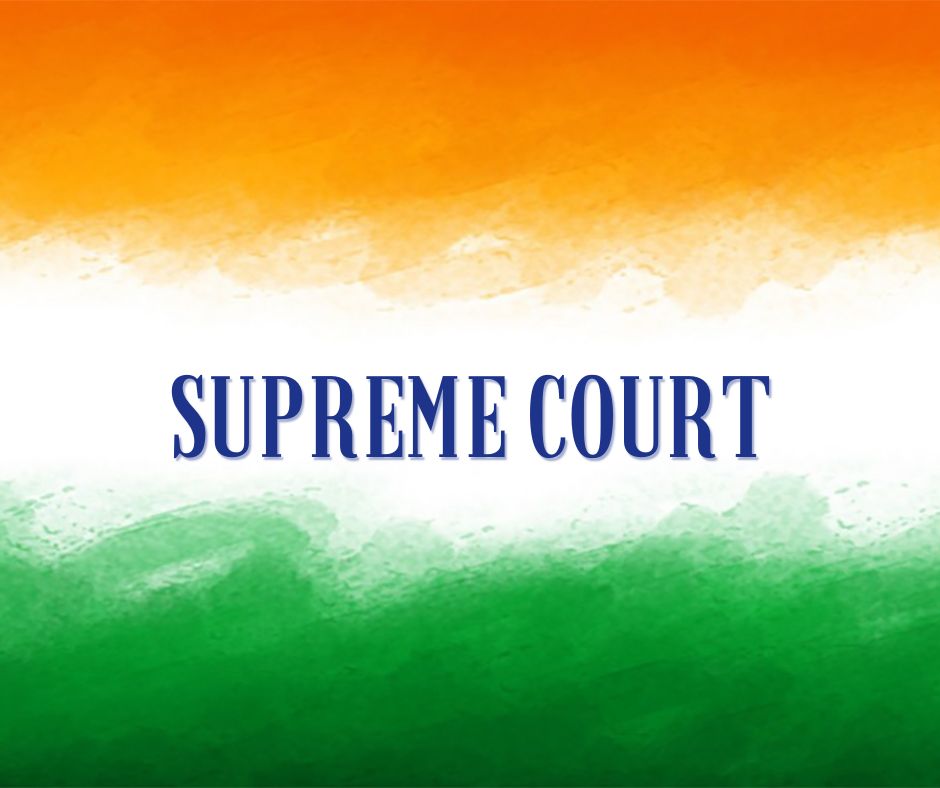From the point of registering an FIR/complaint under the POCSO Act, the victim and their family are required to interact with the police machinery, medical officers and hospitals, the Magistrate, Special Court and/or Juvenile Justice Board (hereafter ‘JJB’), the concerned Child Welfare Committee (hereafter ‘CWC’), and other stakeholders – which in itself can be daunting and overwhelming (over and above the already traumatic experience of the crime itself), often dissuading them from pursuing the case altogether. Noticing the need for support at various stages, the role of a ‘support person’ was institutionalised in the POCSO Rules, 2020, to fill this lacuna: 1Introduced first in the Protection of Children from Sexual Offences Rules, 2012 which has since been repealed and substituted by the far more detailed Protection of Children from Sexual Offences Rules, 2020. (Para 3)
In addition to maintaining confidentiality of all information, and addressing the concerns of the child and family, the support person is responsible for accompanying the child during recording of statement, medical examination, depositions3, and to assist in all other interactions at the investigation, pre-trial, and trial stage. The support person is to make available public or private emergency and crisis services; ensure availability of free legal aid; provide assistance with navigating the victim compensation scheme; track the status of investigation, arrest, and filing of charges of the accused person; follow the dates of the court proceedings to enable the victim or family to attend as required; and be abreast of any other developments such as grant of bail, detention status, etc. of the accused. (Para 5)
The specific Rules discussed hereinabove, read with ‘Form – A’, confirm that the availability of services of a support person is not merely directory or suggestive – but a legal entitlement. While this framework created by the Rules, in furtherance of supporting victims of child abuse under the POCSO Act, is truly laudatory, it also requires proactive action from the State to shore up infrastructure and train human resources, accordingly – to bridge the gap between this entitlement on paper, and on-ground reality. This court in Alarming Rise in the Number of Reported Child Rape Incidents, In re6, recorded that as per the Supreme Court Registrar’s report prepared in November 2019, a support person had been appointed only in 4% of POCSO cases. Much is yet to be done, therefore, for a declaration by this court of the mandatory nature of the appointment of support person (subject only to the consent of the child, guardian, or the person in whom the child trusts, as the case may be), to carry any weight. It is necessary that steps are taken to ensure that the POCSO Act and the mechanisms it creates, are functioning and effective. (Para 9)
In crimes against children, it is not only the initiating horror or trauma that is deeply scarring; that is aggravated by the lack of support and handholding in the days that follow. In such crimes, true justice is achieved not merely by nabbing the culprit and bringing him to justice, or the severity of punishment meted out, but the support, care, and security to the victim (or vulnerable witness), as provided by the state and all its authorities in assuring a painless, as less an ordeal an experience as is possible, during the entire process of investigation, and trial. The support and care provided through state institutions and offices is vital during this period. Furthermore, justice can be said to have been approximated only when the victims are brought back to society, made to feel secure, their worth and dignity, restored. Without this, justice is an empty phrase, an illusion. The POCSO Rules 2020, offer an effective framework in this regard, it is now left to the State as the biggest stakeholder in it – to ensure its strict implementation, in letter and spirit. (Para 12)
SUPREME COURT OF INDIA
2023 STPL(Web) 194 SC
[2023INSC745]
Bachpan Bachao Andolan Vs. Union Of India & Ors.
Writ Petition (Civil) No. 427 of 2022-Decided on 18-8-2023
https://stpllaw.in/wp-content/uploads/2023/08/2023-STPLWeb-194-SC.pdf







